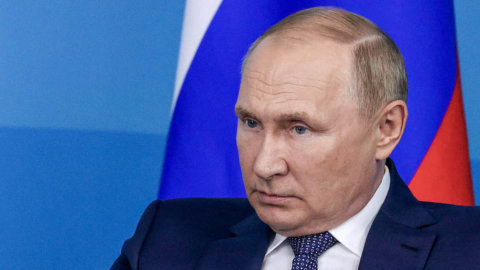It's not just about destroyed vegetation and overpriced bus tickets. Behind the violent protests of recent weeks between Turkey and Brazil, with the latter even endangering the Confederations Cup by making a totem like football waver even in the green-gold country, the whole economic crisis of the so-called emerging countries is hidden, to which the South American state officially belongs through the acronym BRICS, while Turkey is considered by many to be the new European locomotive.
But these two countries, as recent events testify, are far from galloping, like other giants of the world economy. Just think of China, which for many years has seen its GDP grow by double digits, while now it travels at 7-8%; or even India, which went from +10% in 2007 to 4% last year, and not to mention Russia which more than halved from 8,5% to 3,4%, even experiencing a period of decrease.
Even Brazil, which experienced its heyday in the recent past, culminating in a 10% growth two years ago, with its candidacy for permanent member of the UN Security Council and with the assignment of the two sporting events most important on the planet, the 2014 World Cup and the 2016 Rio Olympics, is now experiencing a period of difficulty which is also demonstrated by the numbers.
In fact, in 2012 the growth of the South American locomotive slowed down to around 1%, with a sharp drop in the volume of exports from +5,5% in 2007 to -0,3% last year. This can only be partly explained by the choice of Dilma Roussef's country, like that of China, to focus less on exports and more on internal consumption (which in Brazil is a market of 200 million people), not to mention that if European destinations have also dropped due to the crisis, on the other hand, South-South trade has grown considerably in recent years.
Ma the real problem is that you don't live only on growth, but also of stable and lasting economic and social development. That is, translated into a figure, the Human Development Index. To explain it is an analysis of Le Monde, which reveals how China, the second world economic power, is instead only in 101st place in that special ranking drawn up by the UN, while Brazil boasts the sixth global GDP but is only 85th in terms of human development.
The problem is therefore structural, there is a lack of background and culture. And this, especially in South America but also in Mexico and South Africa, becomes the ideal breeding ground for the proliferation of crime and corruption. In Brazil the situation has exploded, under the pretext of the cost of public transport and the expense for the World Cup, but the situation in the eyes of an attentive economist was already more than known: real estate collapse, capital flight, stock market drop , inflation at 6,3%, part which has lost more than 1% against the dollar in one month and more than 10% since March, and the consequent risk of a rating cut by Standard & Poor's.
Brazil, the most prominent emerging South American country in recent years, is clearly losing share, so much so that it is betting everything on derivative contracts to stop the bleeding. As written by Milano Finanza, the central bank would in fact have spent (in June) 5,7 billion dollars to defend the currency, yet only half of that amount appears in the data relating to reserves. The country would therefore be under speculative attack, while it sees reserves dwindling. In addition to the patience of its citizens.





